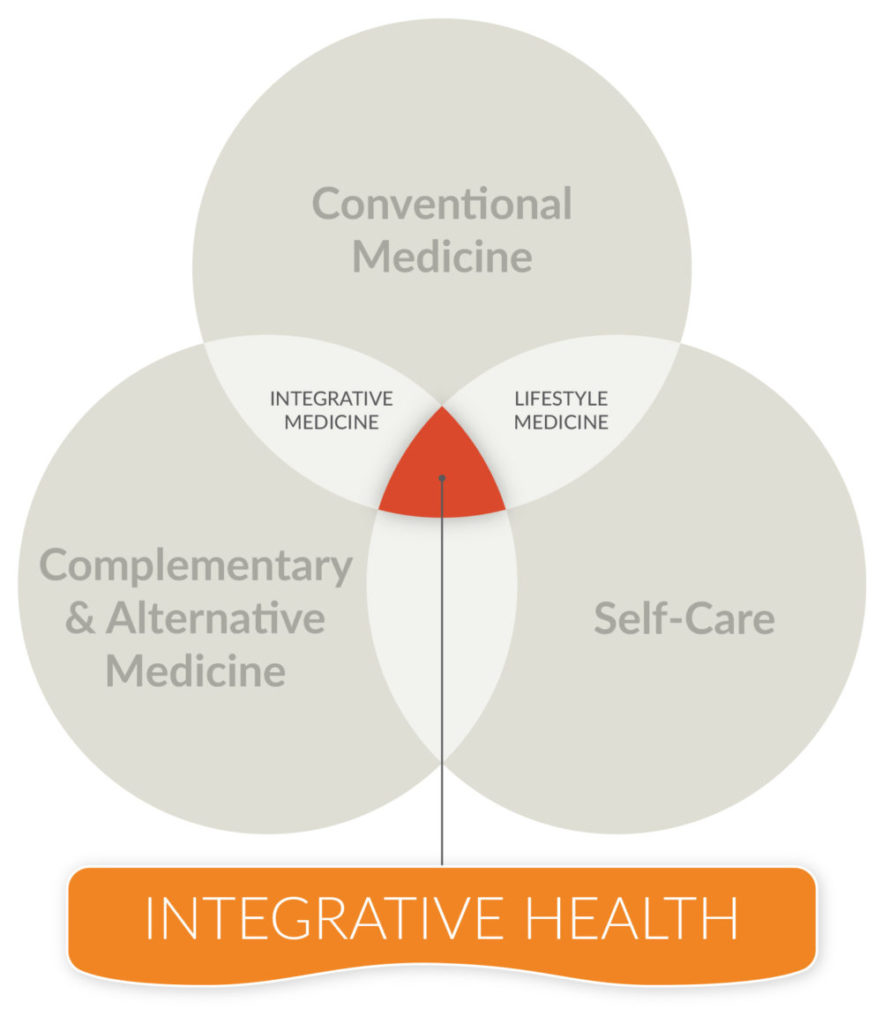Plant-based protein alternatives have gained significant traction in recent years, becoming more than just a trend but a lifestyle choice for many. With a growing awareness of the environmental impact of meat consumption and a shift towards healthier eating habits, plant-based proteins offer a viable solution. In this article, we’ll delve into the various plant-based protein alternatives available, their nutritional benefits, and how you can incorporate them into your diet seamlessly.
Understanding the Rise of Plant-Based Proteins
The surge in popularity of plant-based proteins can be attributed to several factors. Concerns about animal welfare, the environment, and personal health have prompted individuals to seek alternatives to traditional meat-based diets. Moreover, advancements in food technology have led to the development of plant-based protein products that closely mimic the taste and texture of meat, making the transition easier for consumers.
Exploring the Nutritional Benefits
Plant-based proteins offer a plethora of nutritional benefits. Unlike animal proteins, they are typically lower in saturated fats and cholesterol, making them heart-healthy options. Additionally, plant-based proteins are rich in fiber, vitamins, minerals, and antioxidants, which are essential for overall health and well-being. By incorporating a variety of plant-based protein sources into your diet, you can ensure that you meet your daily nutritional requirements while reducing your risk of chronic diseases such as heart disease, diabetes, and certain types of cancer.
Popular Plant-Based Protein Sources
There is no shortage of plant-based protein sources to choose from. Legumes such as lentils, chickpeas, and black beans are excellent sources of protein and fiber, making them ideal for vegetarian and vegan diets. Other popular options include tofu, tempeh, and seitan, which are derived from soybeans and wheat gluten, respectively. Nuts and seeds, such as almonds, chia seeds, and hemp seeds, are also rich in protein and healthy fats, making them perfect for snacking or adding to meals.
Incorporating Plant-Based Proteins into Your Diet
Incorporating plant-based proteins into your diet doesn’t have to be complicated. Start by experimenting with different recipes and cuisines that feature plant-based ingredients. For example, you can swap out ground beef for lentils or beans in dishes like tacos, chili, or pasta sauce. Incorporating tofu or tempeh into stir-fries, salads, or sandwiches is another easy way to increase your plant-based protein intake. Additionally, adding nuts, seeds, or plant-based protein powders to smoothies, oatmeal, or yogurt can boost your protein intake without much effort.
The Environmental Impact of Plant-Based Proteins
One of the primary drivers behind the shift towards plant-based proteins is their lower environmental impact compared to animal proteins. Producing plant-based proteins requires fewer resources such as water, land, and energy, and generates fewer greenhouse gas emissions. By choosing plant-based protein alternatives over meat, you can reduce your carbon footprint and contribute to a more sustainable food system.
Final Thoughts
Plant-based proteins offer a sustainable, nutritious, and delicious alternative to traditional meat-based diets. Whether you’re a committed vegan or simply looking to incorporate more plant-based foods into your diet, there are plenty of options to choose from. By understanding the nutritional benefits of plant-based proteins and exploring the various sources available, you can improve your health, protect the planet, and enjoy a diverse and flavorful diet. Read more about Plant-based protein alternatives


